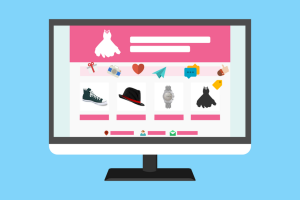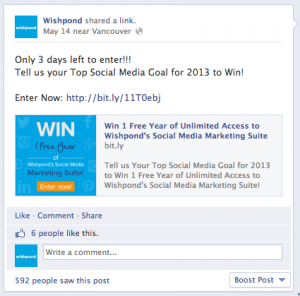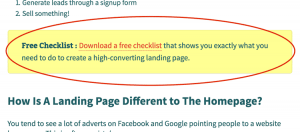First Choice: Email Leads In Personalization, Study Finds
by Ray Schultz , April 25, 2017
Email remains the top personalization channel, with 72% of marketers using it and 71% rating it as very or extremely important, according to a survey released today by Evergage. Email campaigns are deployed more than any other type of customer experience.
But marketers are more satisfied with the results they get from Web applications. And overall, only 45% agree that they are “getting personalization right.”
Evergage and Researchscape International surveyed 206 organizations of various sizes and categories.
On the positive side, 96% agree that personalization helps advance customer relationships. And 88% think their customers expect a personalized experience.
In addition, 46% plan to increase their personalization spend this year, while 50% will hold steady and 4% will decrease their budgets.
But brands face obstacles in their personalization efforts. The top one, cited by 48%, is budget. And 44% said that other priorities get in the way.
Smaller percentages specified lack of knowledge/skills/people (41%), lack of effective solution technology (33%) and lack of executive sponsorship (26%). Not a single marketer chose the “personalization is a fad” answer.
The survey also found that a mere 30% are satisfied with their personalization efforts, although that is an increase from 18% last year. But it depends on their sector: 53% of the B2C respondents were very or extremely satisfied, compared with 21% of the B2B companies.
Asked to provide an academic grade for personalization, 44% awarded themselves a B, and 31% a C. Only 10% felt they deserved an A, an 3% said they were entitled to an F.
How do they conduct personalization? Of those polled, 67% use rule-based targeting to segments, while only 13% utilize an algorithmic 1-to-1 approach and 20% use both.
The survey also revealed that “many marketers are still unfamiliar with machine learning,” with 43% not sure of whether they will use it this year, Evergage says.
Following email in terms of personalization usage are Web sites (57%), mobile Web sites (28%) and mobile apps (18). When rating activities in terms of importance, though, email was followed closely by SEO (68%) and content marketing (67%).
The bad news about email is that only 39% are very or extremely satisfied with the level of personalization it provides. In this, email fell behind mobile apps (45%), Web sites (41%), and Web applications (52%).
Yet 65% deploy email campaigns as a personalized customer experience, compared with home pages (58%), recommendations (58%), interior pages (50%), navigation (29%), search (27%) and pricing (22%).
Success is measured by improvements in conversion rates (68%), click-through rates (50%), time spent on-site (39%) and revenue 39%). Further down the list are retention/renewal rates (33%), customer satisfaction rates (31%), page views (30%) and bounce rates (26%).
However, the benefits derived from personalization are slightly different. They include:
- Increased conversion rates — 63%
- Improved customer experience — 61%
- Increased visitor engagement — 57%
- Improved brand perception — 46
- Increased customer lifetime value/loyalty — 45%
The survey also revealed these tidbits of information:
- 88% have improved their results with personalization. Evergage reported that 53%) of “typically see a lift of over 10% while 36% typically see lift of 1-10% or less,” Evergage writes. “A remarkable 10% of respondents saw a lift of greater than 30%.”
- 63% reported increased conversion rates, while 61% achieved an improved customer experience and 57% better visitor engagement.
- 70% feel their marketing tools help them understand their customer data.
- 33% are very or extremely confident that they have the tools they need for Web site and/or in-app personalization.
- 59% have personnel focused on engagement. Of those that do, 57% say they are part-time and 38% full-time. Nine percent don’t know.
MediaPost.com: Search Marketing Daily
(84)





